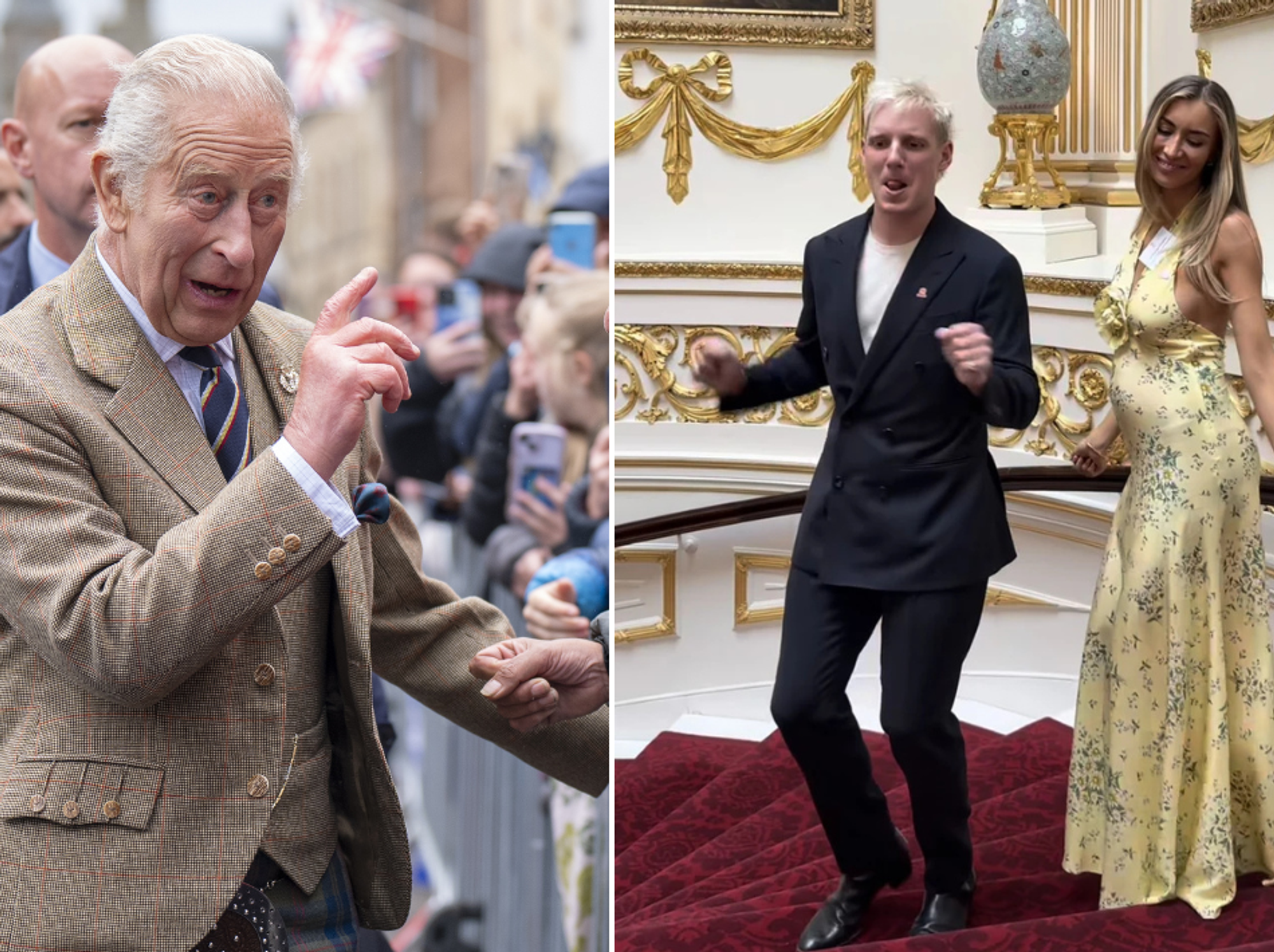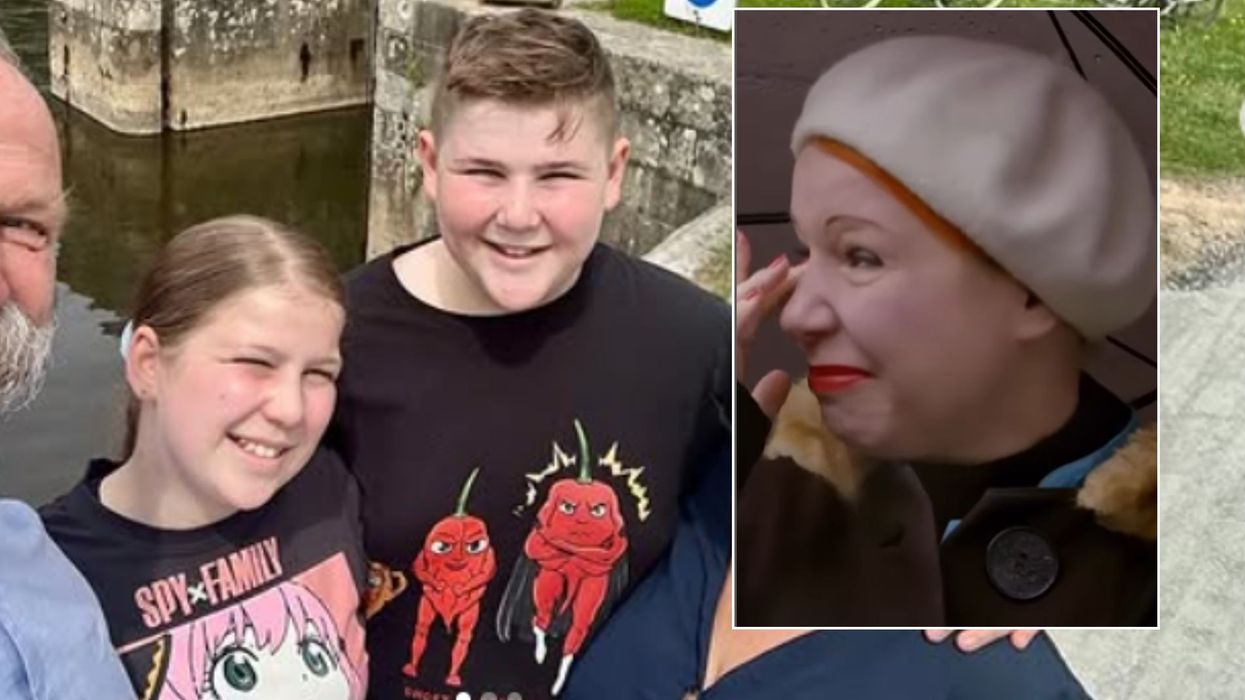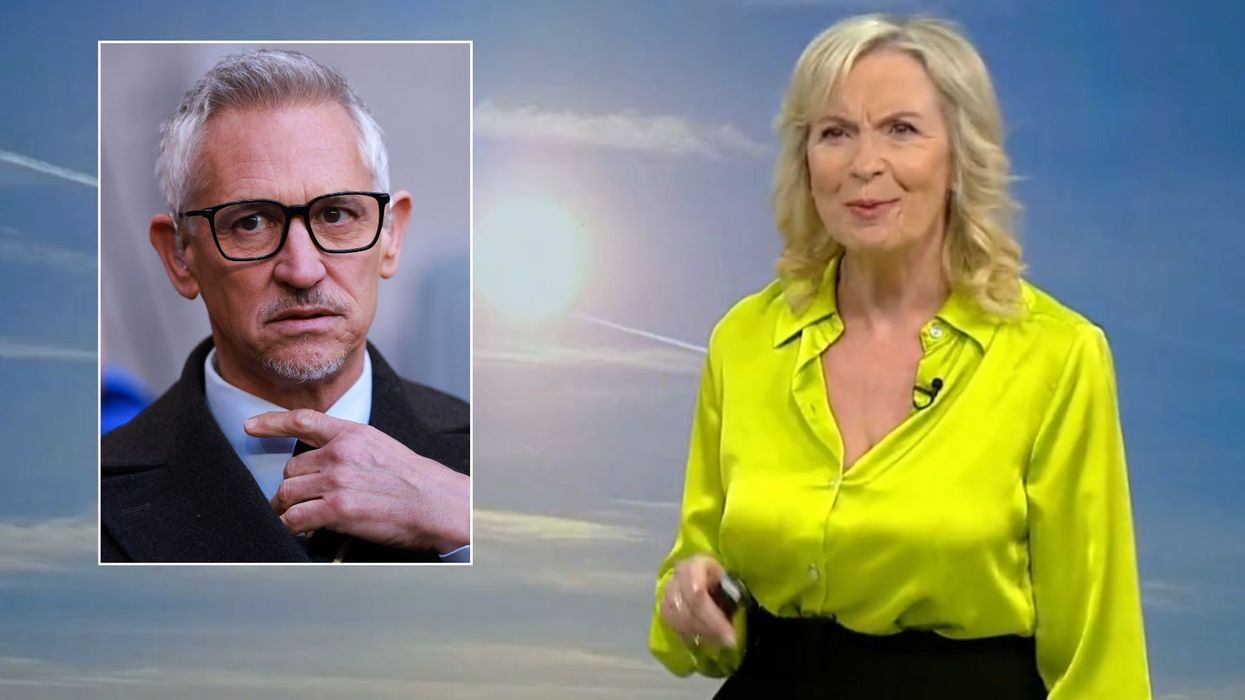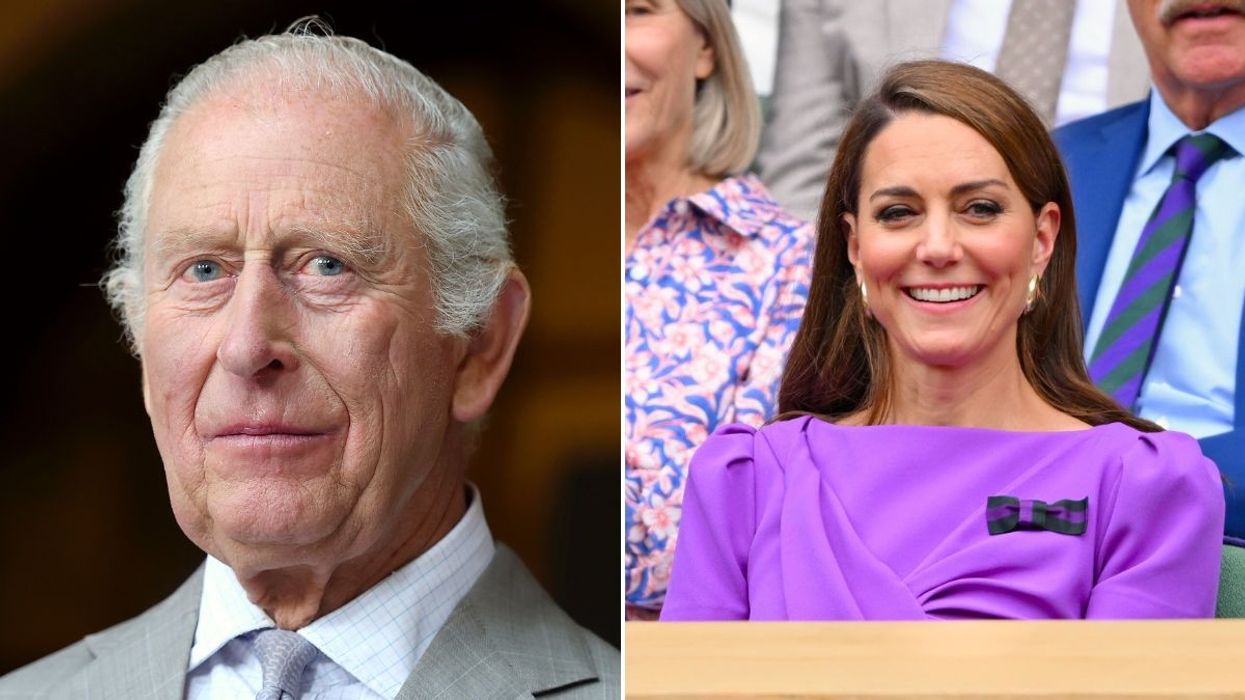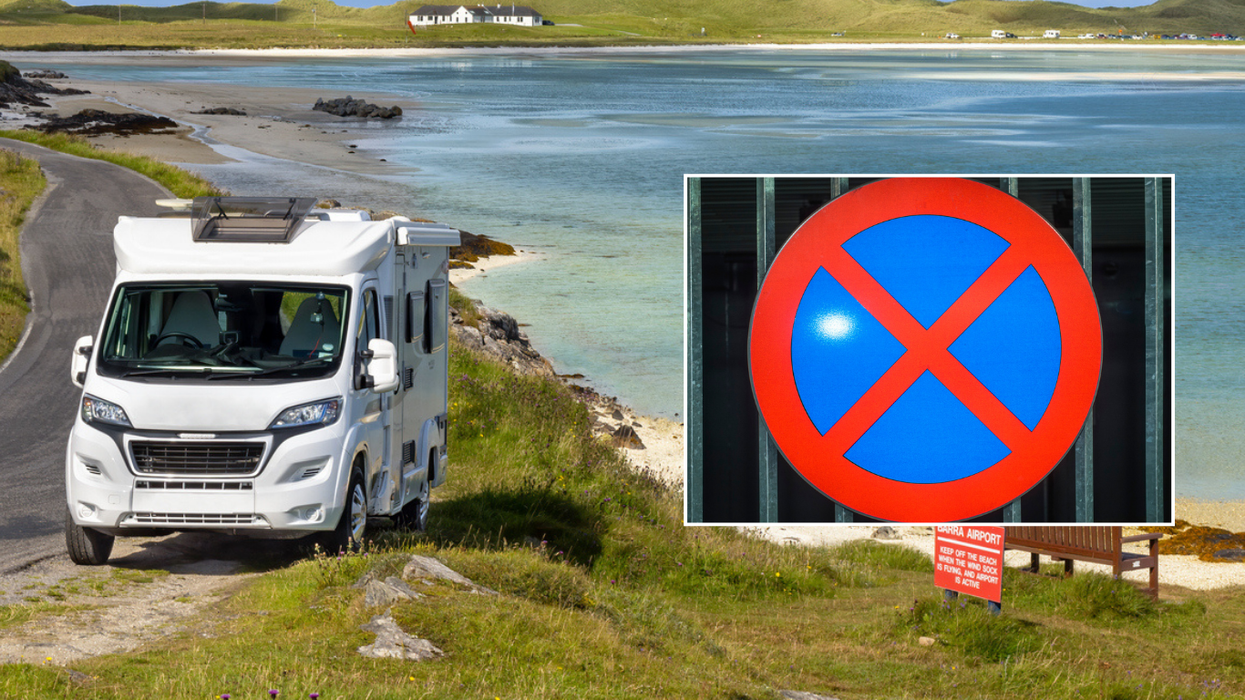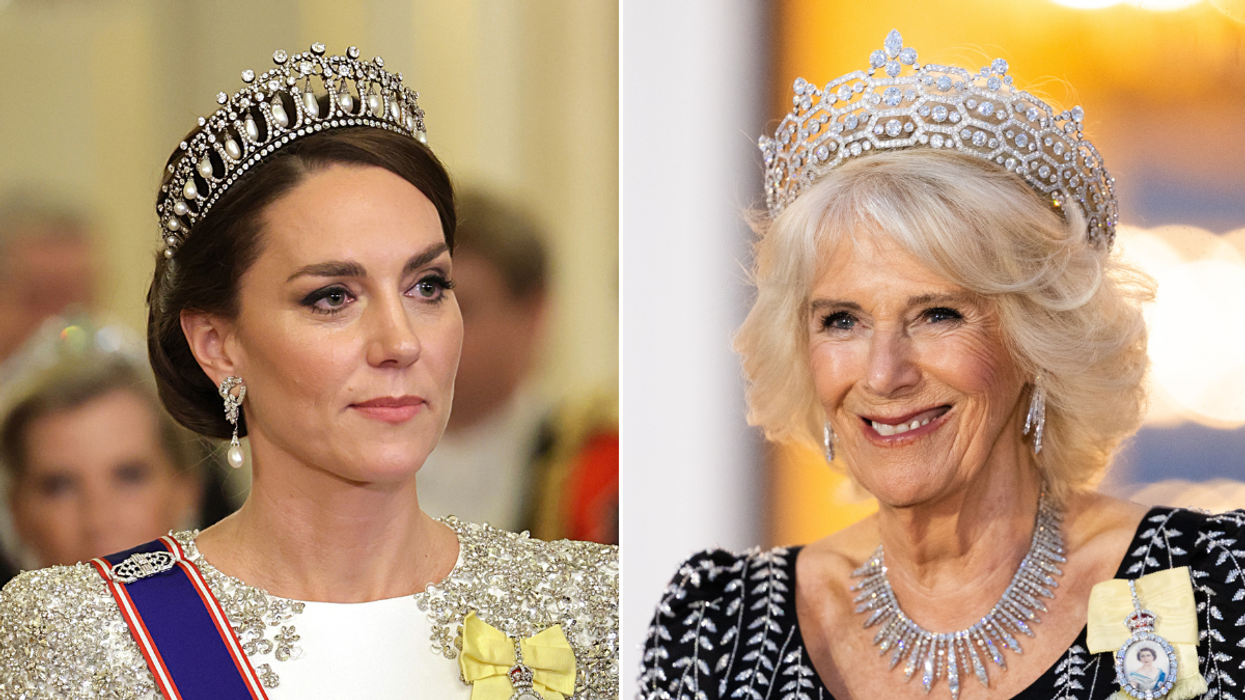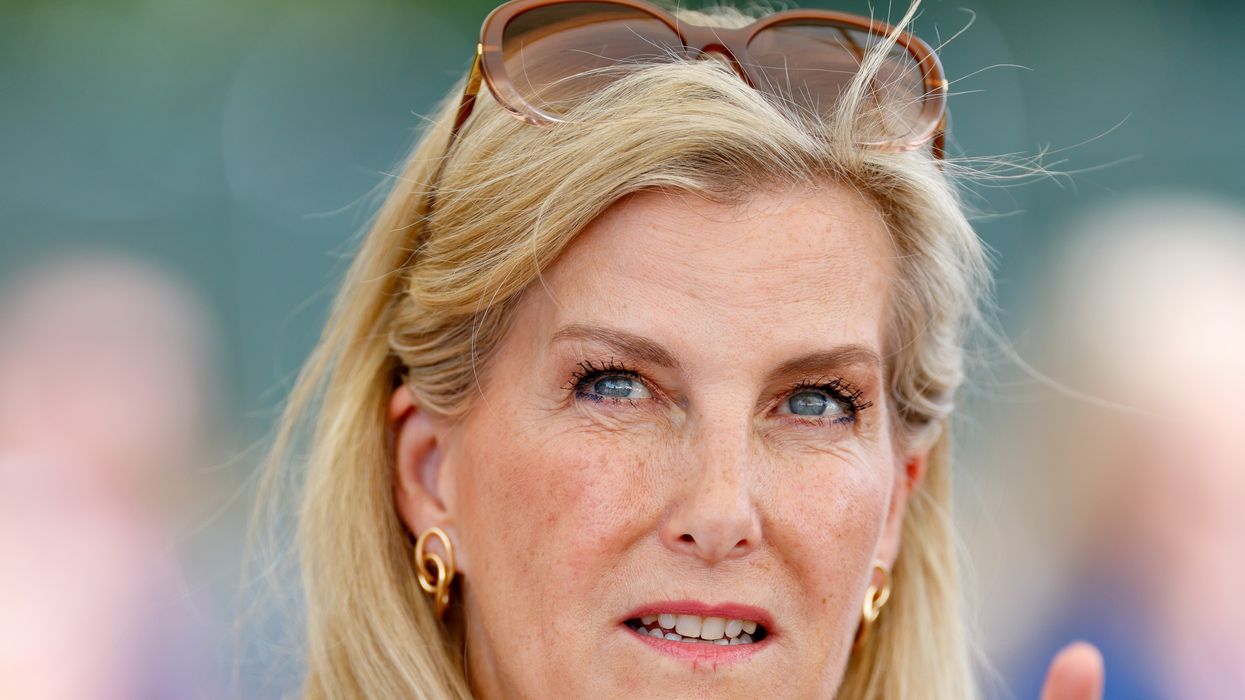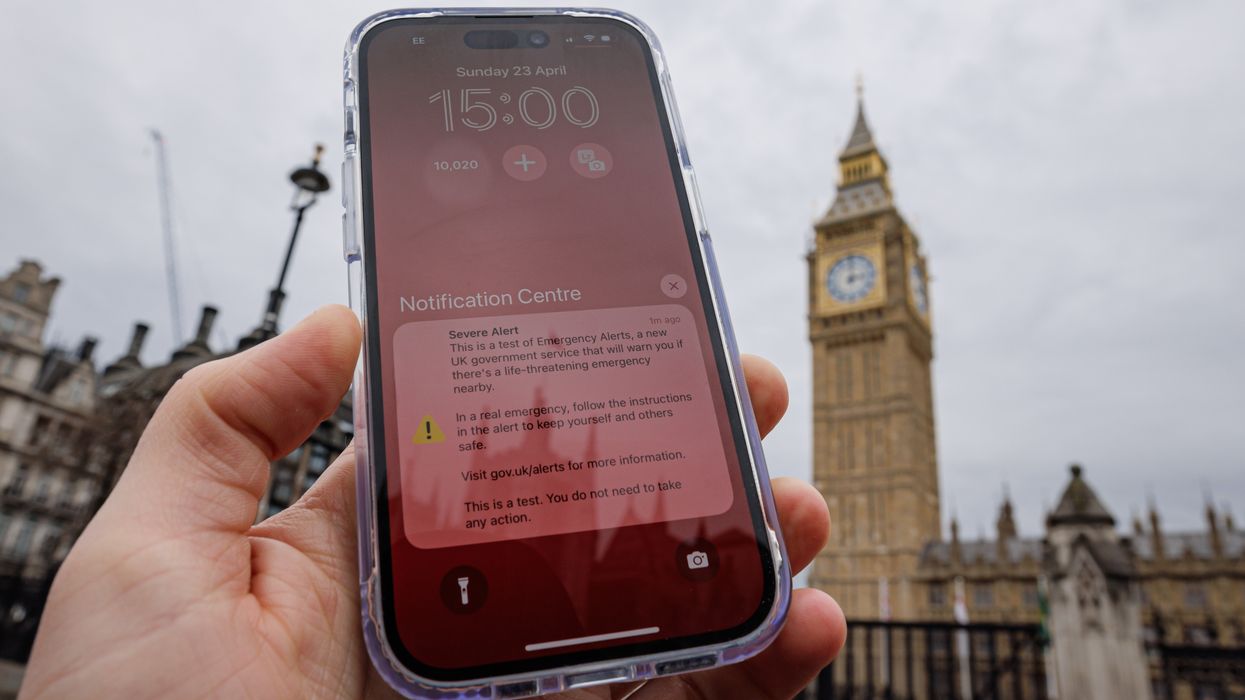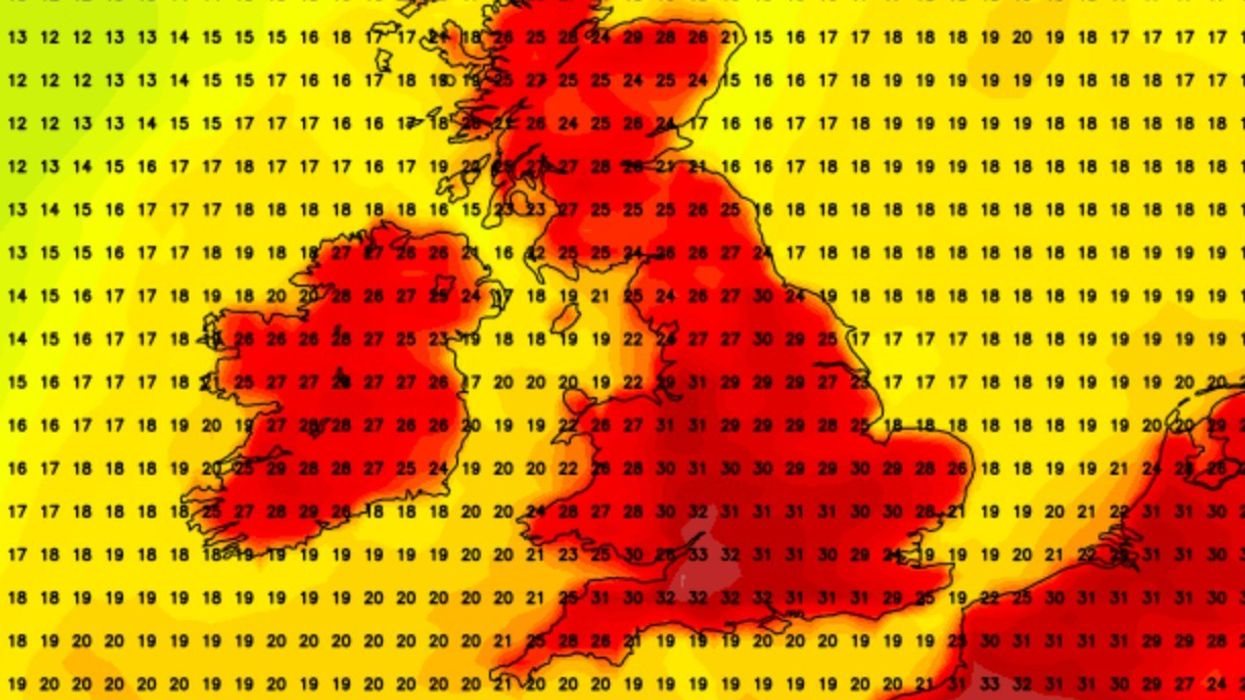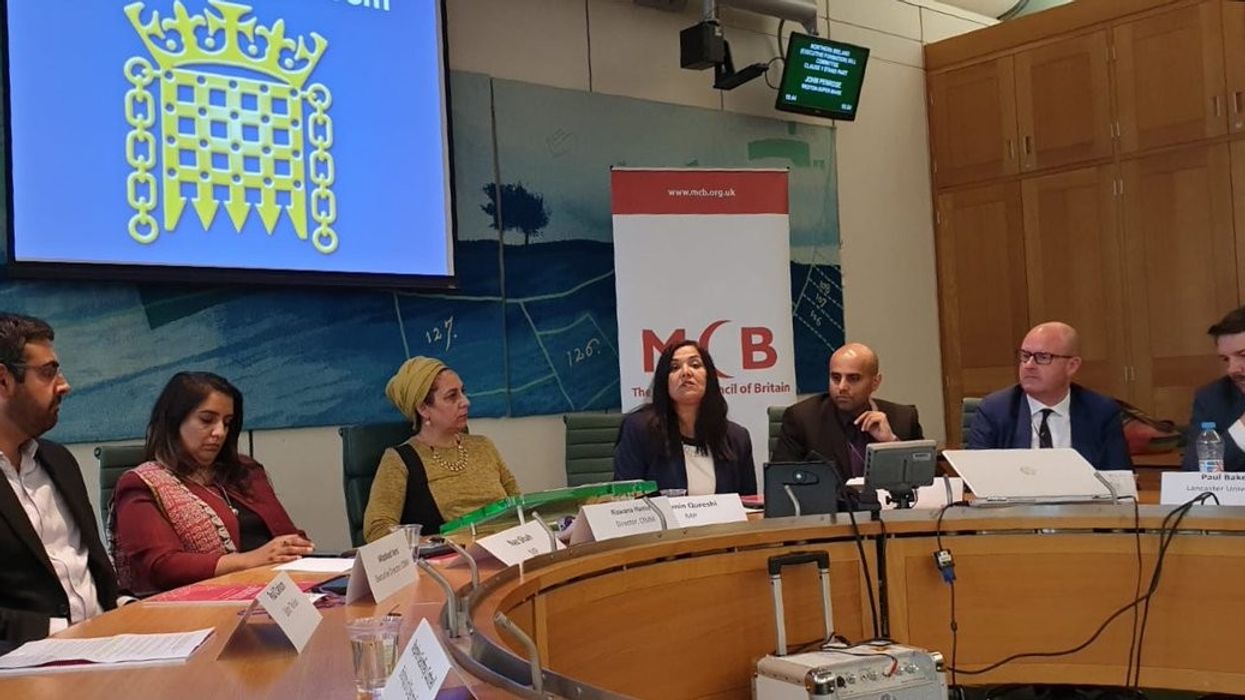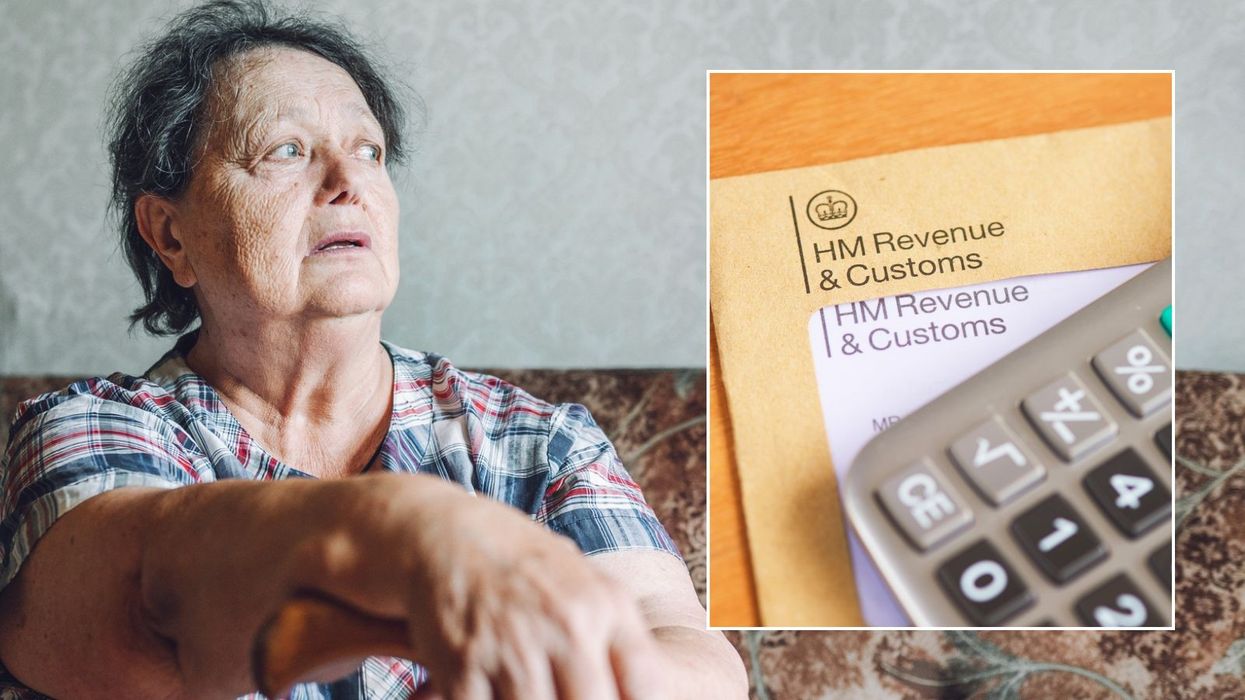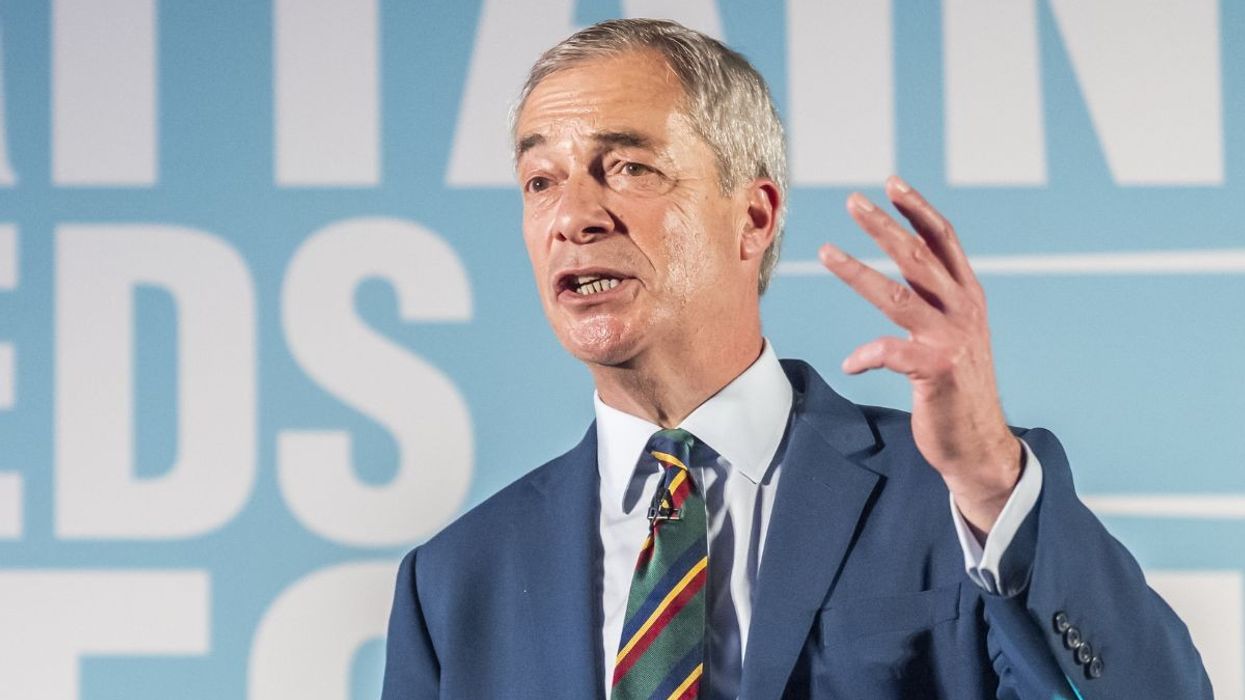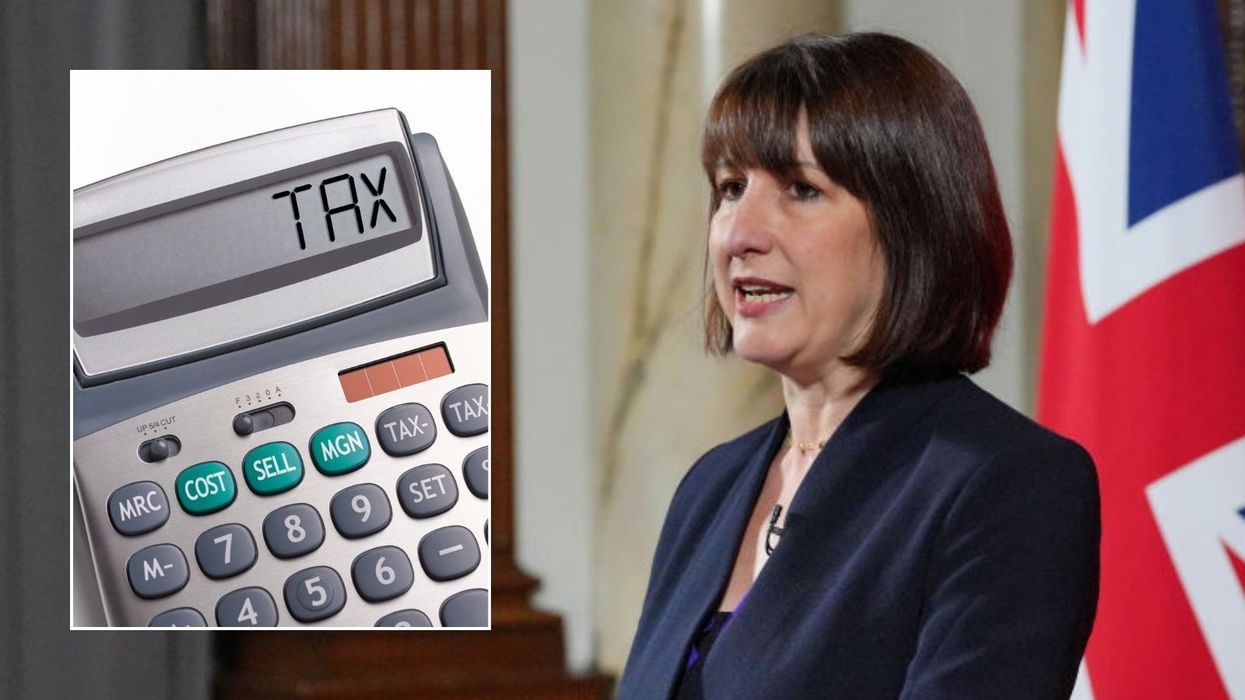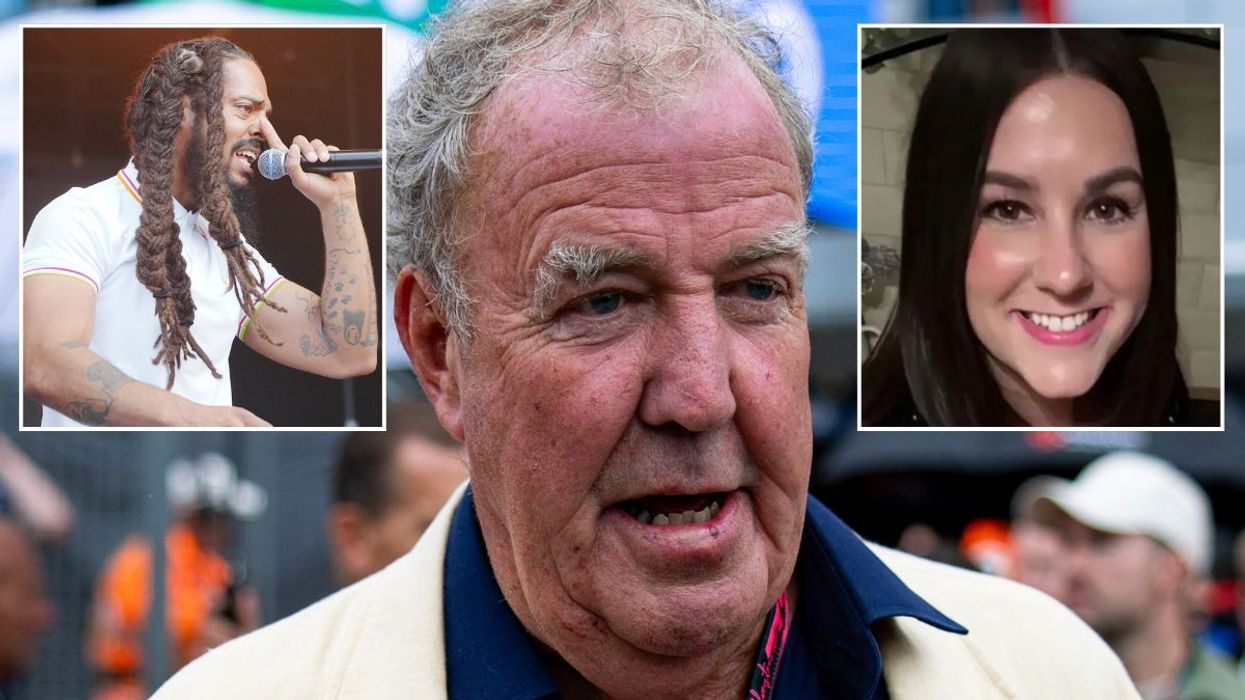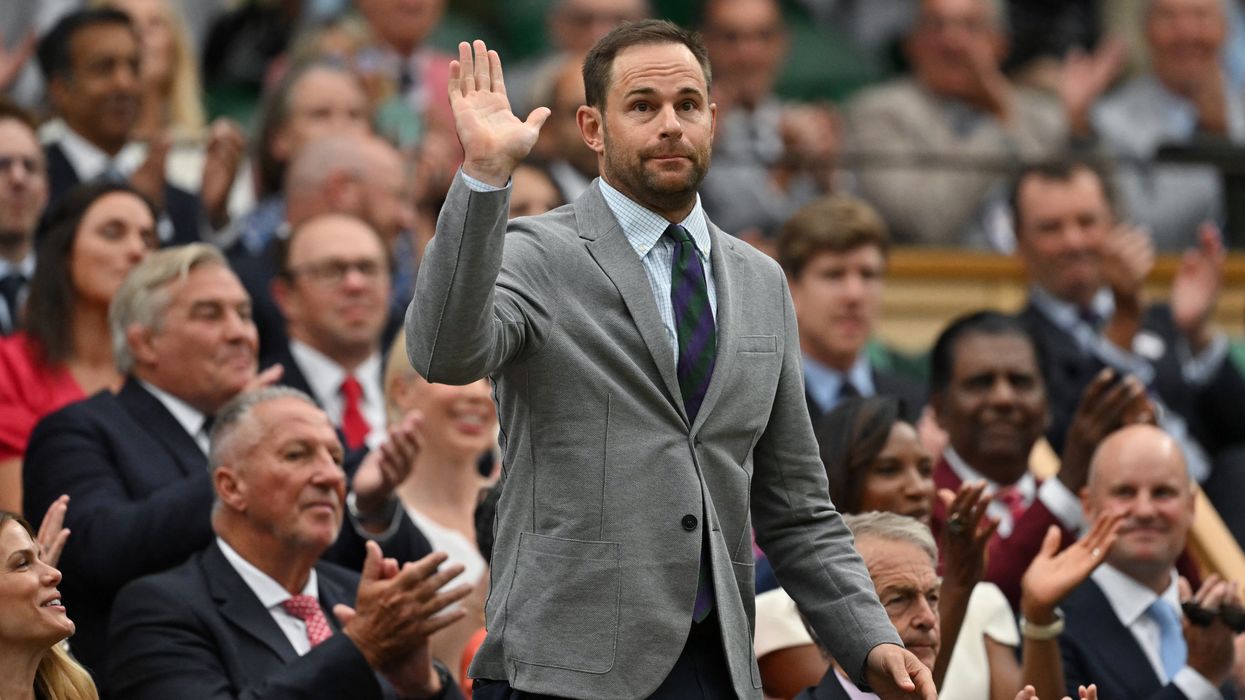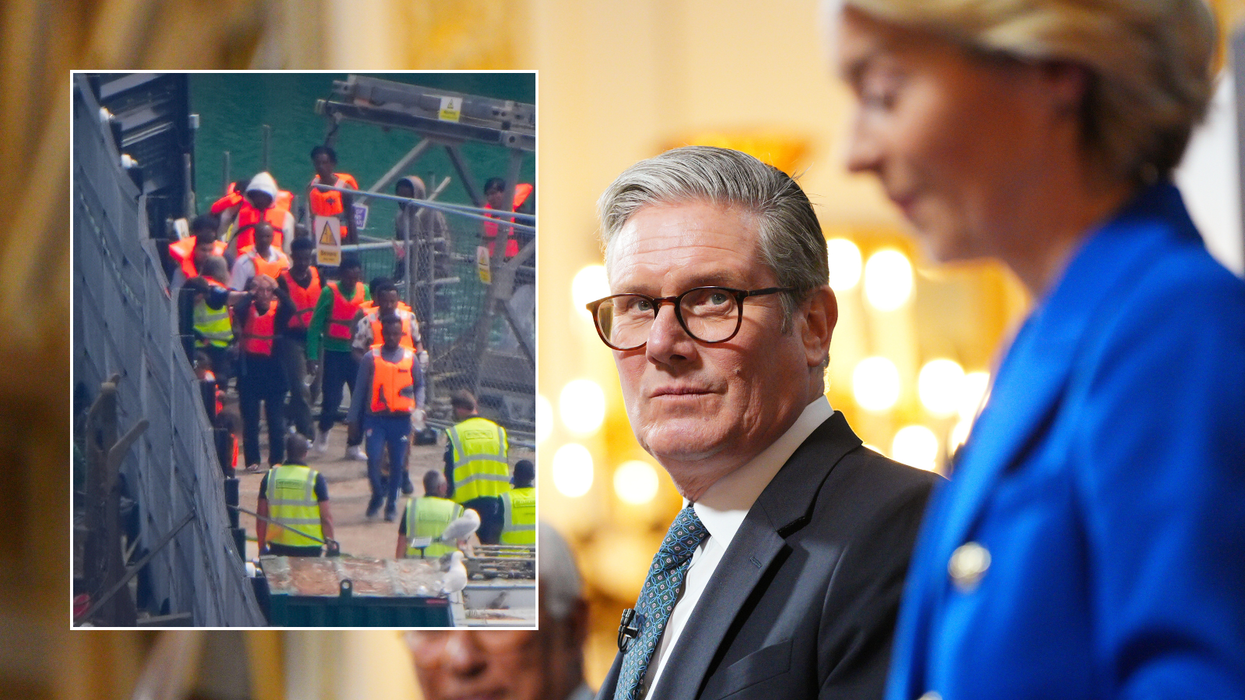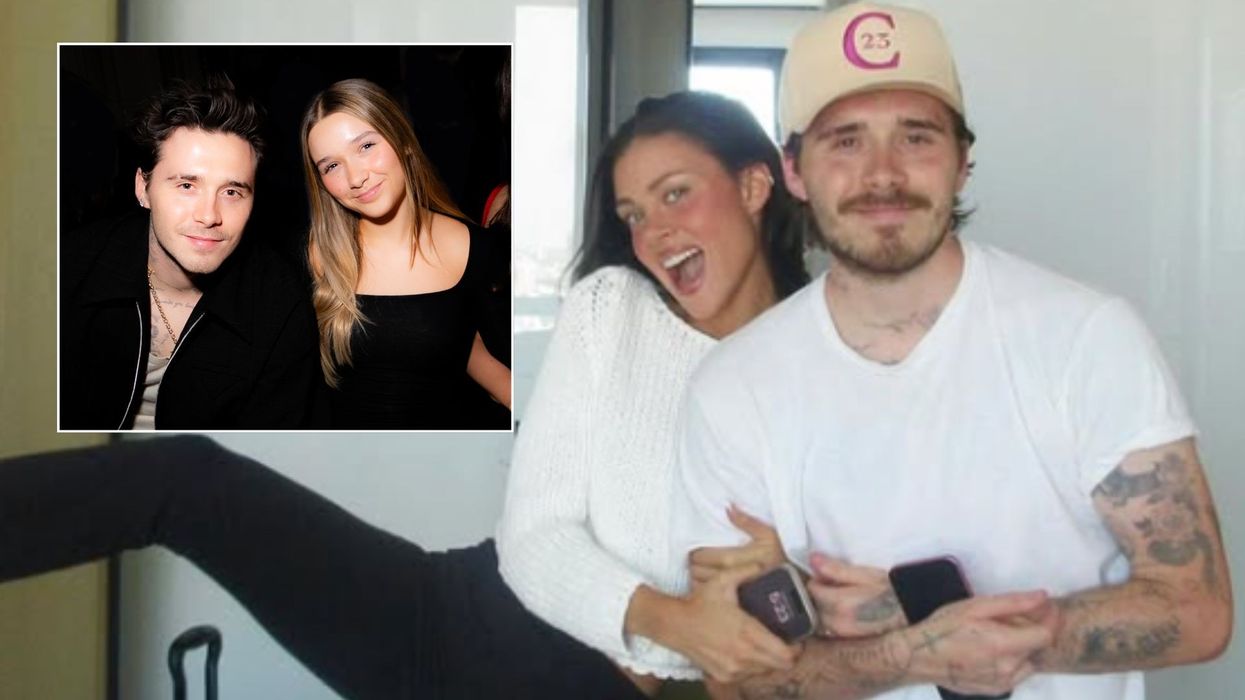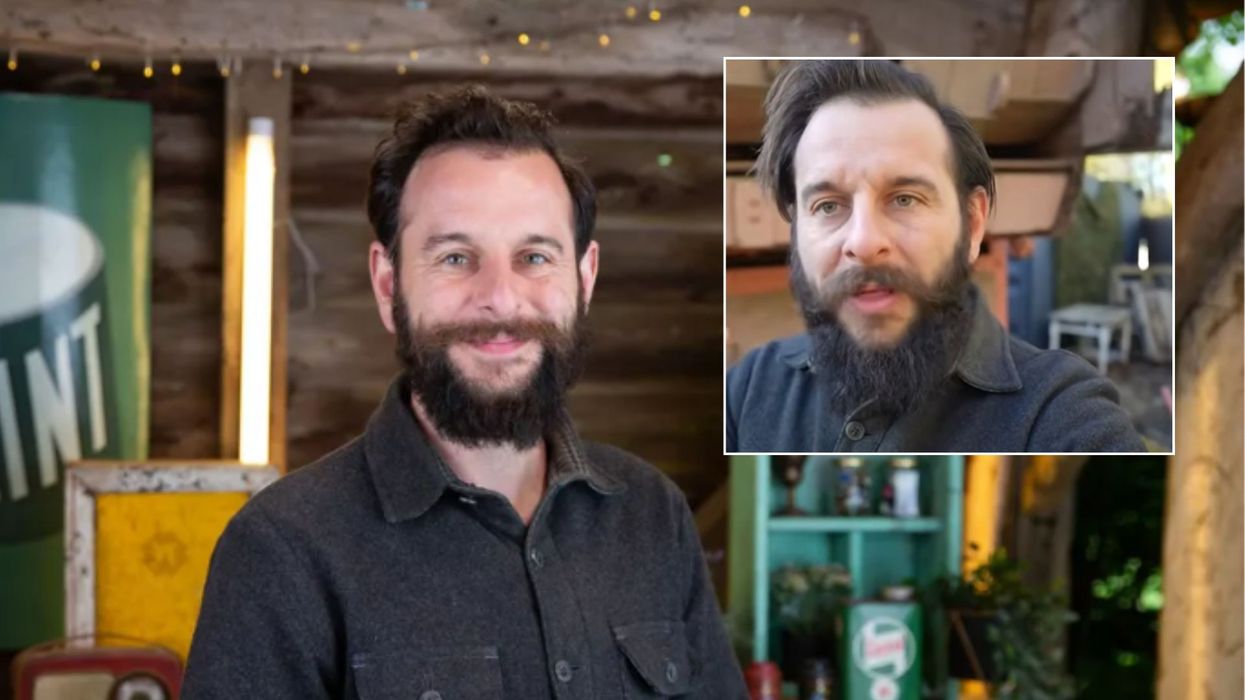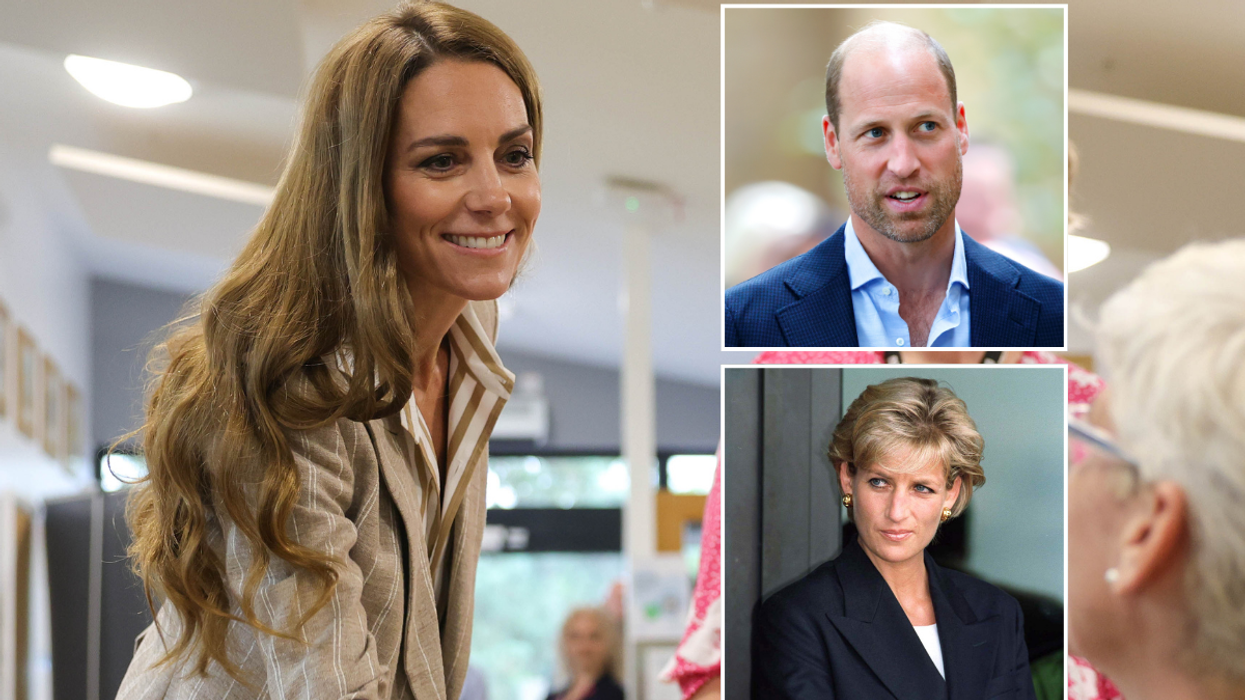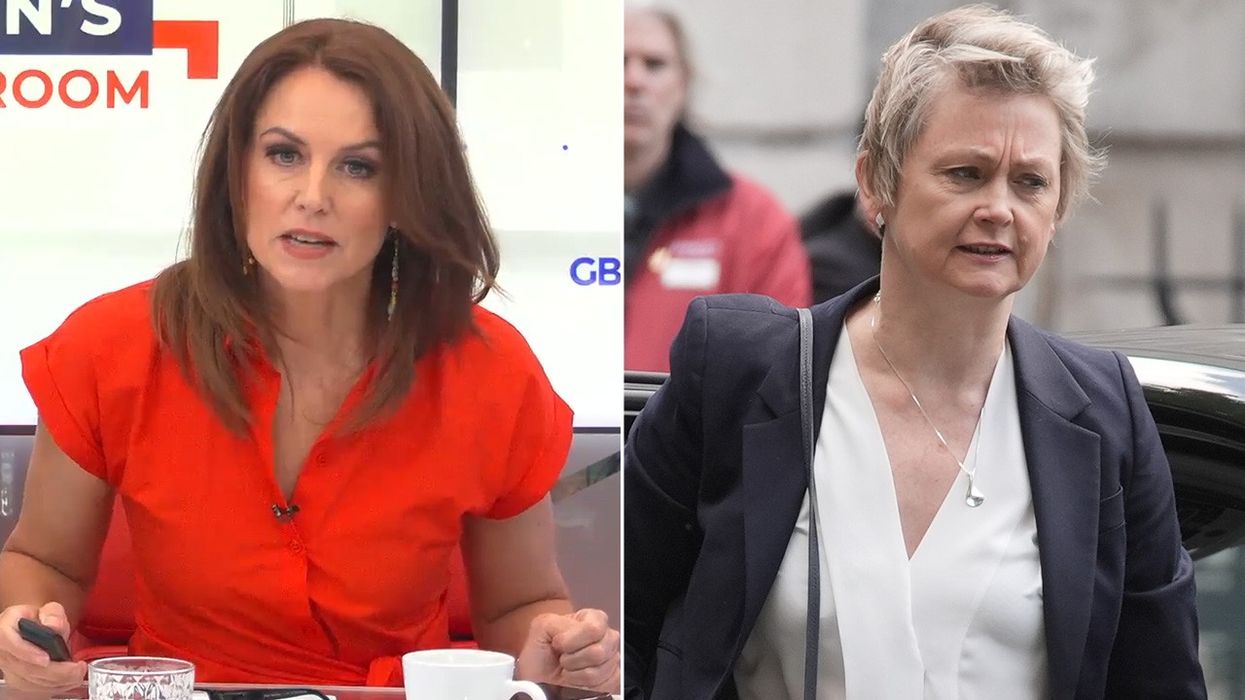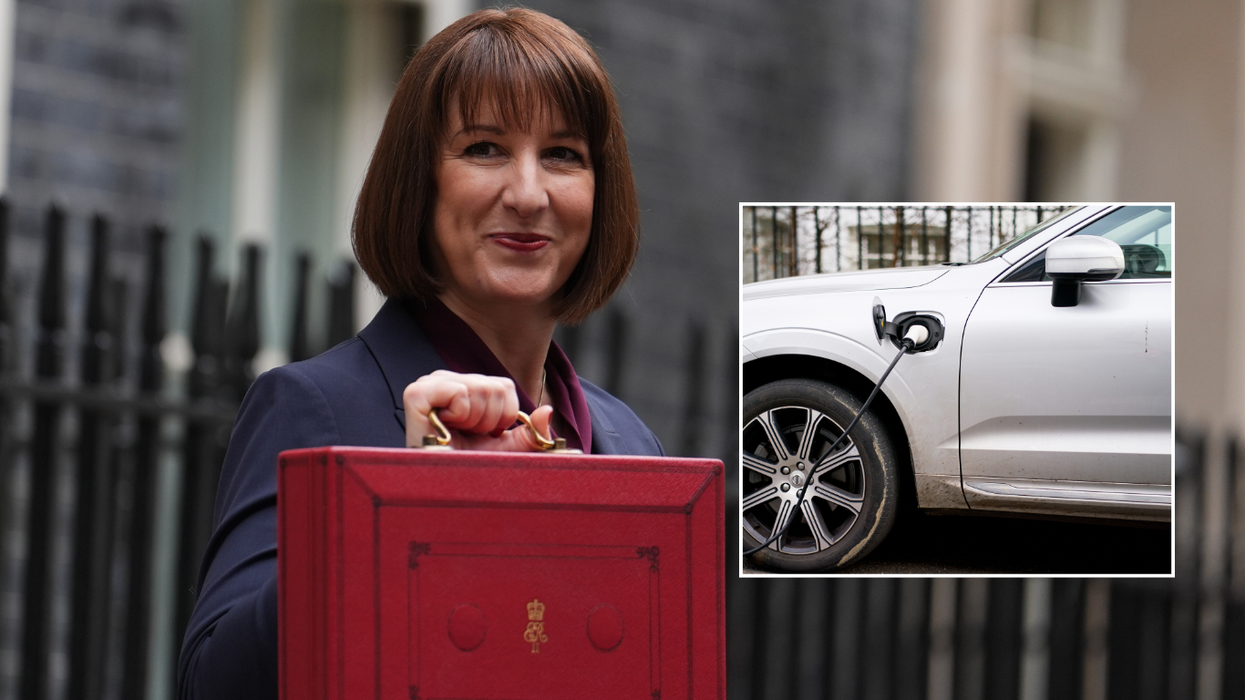I spent eight years tackling extremism...this is why the Alison Pearson probe affects us all - Bill Rammell
Bill Rammell is a former Labour Defence Minister and Member of Parliament
Don't Miss
Most Read
What happened to Alison Pearson is deeply concerning. To be visited by the police on Remembrance Sunday, about a hate crime, but not be told what (which tweet) the police were investigating, and a year after it happened is truly shocking. And on the face of it Orwellian (dictionary definition - a societal condition that George Orwell identified “as being destructive to the welfare of a free and open society”).
I disagree with most of what Alison Pearson writes, but I don’t believe anything she has tweeted amounts to an incitement to violence, in my view, the real definition of a hate crime.
The Times has since revealed that more than 13,000 non-crime hate incidents were recorded in the past year, including complaints against children.
For those campaigners on the right seeking to pin the blame for all of this on Labour, the legitimate response is emphatically not guilty.
All the hate crime laws on the books are the same as prevailed under the Tories for 14 years. And remember the police are investigating Alison Pearson under the 1986 Public Order Act. Rather, what I think is happening is that the police are responding to what they wrongly perceive as the public mood or climate of the times and therefore not using reasoned judgment.
Witness the recent report by His Majesty’s Inspector of Constabulary who warned too many hate crimes, including non-crime incidents, are being recorded. He took a recent sample and found 25 per cent should not have been recorded.
He said officers are taking action that contradicts common sense. Getting involved in disputes about “hurt feelings”. He argued that there was amongst the police “a culture of if in doubt, record a crime”. He argued alternatively that the police should prioritise freedom of speech.
I strongly agree. And I should declare an interest. I am Chief Executive of Parallel Histories, which resources schools in the teaching of conflicting and contested history, to empower young people to see both sides of the argument and form their own view.
A powerful antidote to cancel culture if you like. More relevant in all this context than ever. And the conduct of the police does raise real concerns. As a Government Minister, I learnt over eight years of working on the Prevent Strategy to tackle extremism that the only workable divide between what is acceptable and not acceptable in terms of extremism is committing acts of violence or explicitly advocating them.
Any other dividing line muddies the water and empowers genuine extremists. And these police actions have a real impact on free speech in terms of self-censorship.
Dame Sara Kahn’s review into Threats to Social Cohesion and Democratic Resistance carried out under the last Government (in the spirit of bipartisanship, I should acknowledge this was a very good review) reported that 76 per cent of the public reported having restricted expressing their personal views in public, for fear of receiving Freedom Restricting Harassment to themselves or their loved ones.
That should concern every single one of us.
Following the Pearson police interview, the Prime Minister has rightly expressed concern. He urged that police should focus on crime and not tweet. And he said rightly that whilst the police are operationally independent, they will be held accountable.
The Home Secretary has initiated a review of how police record non-crime hate incidents to ensure they are “proportionate” and protect free speech.
All of this is welcome and necessary. But if we don’t see change from the police, the Government must go further.
Revisiting guidance to the police on hate crime is strictly about intervening only where violence is explicitly advocated. And if that doesn’t work, we will need new legislation.
As Voltaire said: “I disapprove of what you say, but I will defend to the death your right to say it.”
Free speech and open debate are fundamental to our democracy and way of life. They must be protected.






